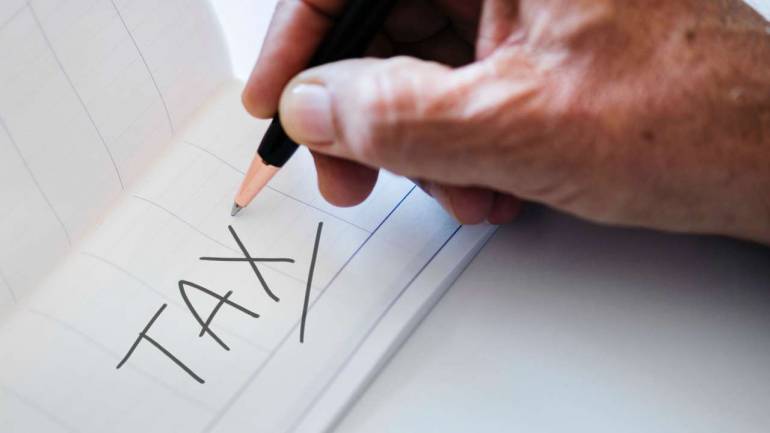In 2018-19 Budget, the reduced rate of 25 percent was extended to companies with turnover of up to Rs 250 crore in 2016-17, a move which benefited micro, small and medium enterprises.
Industry chamber ASSOCHAM has demanded cut in effective corporate tax to 25 percent, doing away with dividend distribution tax (DDT) and indexing of allowances and deductions under personal Income Tax with inflation.
In its pre-budget meeting with the Revenue Secretary last week, ASSOCHAM also demanded reduction of excise duty on Aviation Turbine Fuel (ATF), and a cut in customs duty rates on raw materials used in domestic manufacturing.
It also suggested that Minimum Alternate Tax (MAT), which is levied at 18.55 percent, should be abolished and demanded that relaxation in norms for start-ups.
"The effective corporate tax on distributed profit is over 48 percent. Need to reduce to 25 percent and gradually to 20 percent," ASSOCHAM said.
It further said that Dividend Distribution Tax (DDT) at 20.55 percent is "burdensome" and suggested that it be replaced with Dividend Taxation.
With regard to personal taxation, ASSOCHAM recommended that all allowances and deductions-- medical/conveyance etc-- should be "indexed as per cost of inflation".
Such a step would make allowances more realistic and help in neutralising the impact of inflation for taxpayers.
With regard to rationalising excise duty on ATF, the industry body said post implementation of Goods and Services Tax (GST), credit of excise duty paid on purchase of ATF is not eligible. This has resulted in increasing the cost component for the airline industry.
"Government should consider decreasing the excise duty rates on ATF, in order to help aviation industry in India... Lower excise duty rates would be required to offset the impact of rising international fuel prices," it said.
ASSOCHAM also demanded cut in customs duty rates on aluminium to 5 percent from 7.5 percent, woven backing fabric to 10 percent from 25 percent and on CRGO Steel and steel mill rolls to 'nil' from 5 percent and 7.5 percent respectively.
The full budget for 2019-20 would be presented on July 5.
ASSOCHAM Co Chairman Rakesh Nangia said the Government should give addition tax incentives to the electrical vehicles sector, by giving weighted deduction on the capital and R&D expenditure and leverage SEZ by extending sunset period beyond April 2020.
The government in 2015-16 Budget promised that the corporate tax rate would be gradually lowered to 25 percent from 30 percent over the next four years and exemptions available to companies would be phased out.
In Budget 2016-17, the government reduced corporate tax rate to 25 percent for companies whose turnover was less than Rs 50 crore in financial year 2015-16. This benefitted 96 percent of the total companies filing tax returns.
In 2018-19 Budget, the reduced rate of 25 percent was extended to companies with turnover of up to Rs 250 crore in 2016-17, a move which benefited micro, small and medium enterprises.
After this, out of about 7 lakh companies filing returns, about 7,000 which file returns of income and whose turnover is above Rs 250 crore remain in 30 percent slab.















